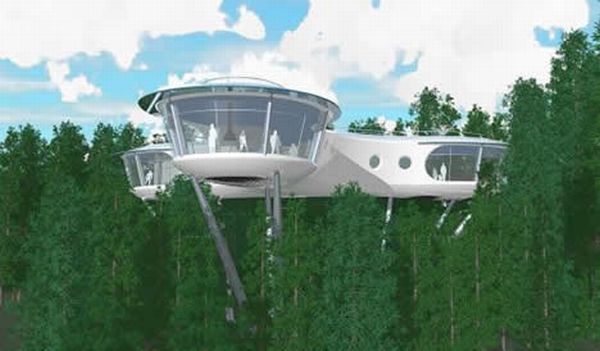The increasing drive towards green initiatives has urged many builders and engineers to incorporate green systems in their projects. A number of commercial buildings today opt for such initiatives to be functional and at the same time, energy efficient. One such initiative that every commercial building can opt in this case is a system that would reduce water wastage in these establishments. Accordingly, here are some ways in which this can be achieved effectively in a commercial building.
Rainwater Harvesting
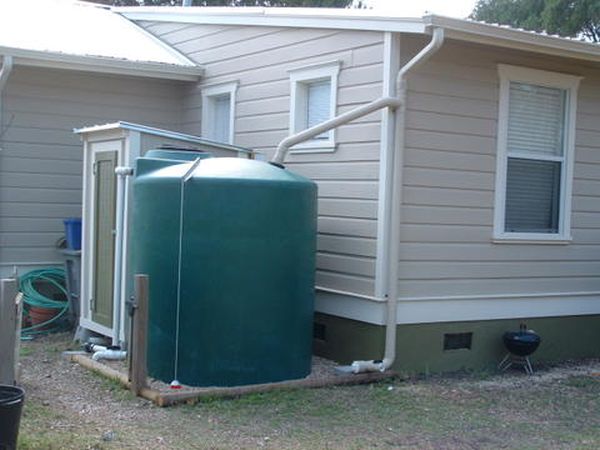
Like individual homes, commercial establishments can also opt to install rainwater harvesting systems on the roof in order to collect and store rain water effectively. The design and components of these systems are also very easy to operate, thus making it a very viable option for building owners. The payback related to a rainwater harvesting system can be studied by taking into account factors like the annual rainfall in the region.
This can then be compared with the local water costs to ascertain the benefits of installing the system in the premises. It has to be noted that a rainwater harvesting system for a commercial establishment would need to have sturdy components that meet the needs of the target load, be it washing, flushing or watering the plants.
Reducing water wastage in restrooms and bathrooms
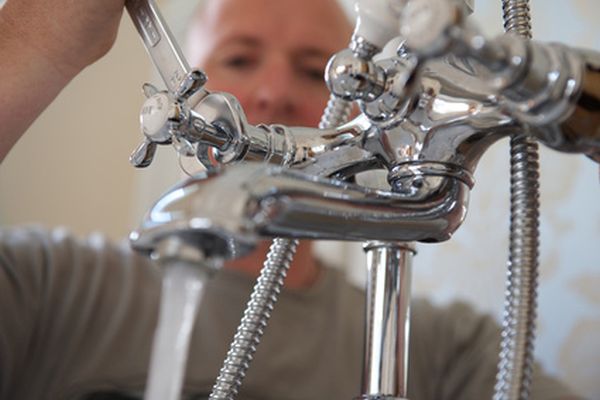
Over 24% of the water in commercial establishments like schools and offices is used for domestic purposes. As such, it is imperative that the restrooms and bathrooms are frequently checked for leaks and repairs that could lead to water wastage. For instance, a leaking toilet can lead to over 50 gallons of water being wasted every single day while a dripping showerhead can lose more than 1000 gallons of water every week. These scenarios can be thwarted by a few measures, including replacing old faucets and showerheads with newer, low volume alternatives and installing low volume faucet aerators in existing faucets.
Water pipe insulation
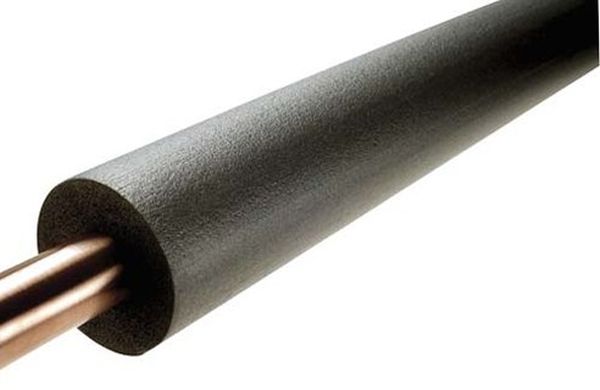
In the majority of commercial buildings, the hot water return piping is un-insulated. This will leave the owners with no choice to open the tap and let the water run until it gets warm enough. This would lead to extensive water wastage. One can thwart this condition significantly by insulating these pipes. In addition to supplying the building with warm water, this would allow this water to flow back to the heating plant, thereby reducing the energy consumed by the same in heating water. The immediate availability of warm water would also encourage users to waste less water.
Rain sensor irrigation systems
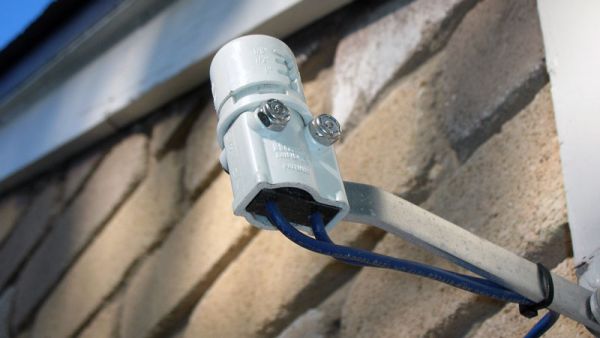
Hardly any commercial building is available without any form of garden or park these days. While this gives you a place to sit down and relax when outside, it does pose a problem when it comes to watering these areas. A lot of water can be wasted in watering these green zones. However, the use of rain sensors can help thwart this to an extent.
A rain sensor would check the precipitation levels in the atmosphere on a regular basis. If it is about to rain, the sensor would lock out the automatic irrigation system. Once the rain has stopped, the sensor would reset its timer automatically and resume its normal schedule again. This could save plenty of water, especially in areas where it rains frequently.
Metering the cooling tower
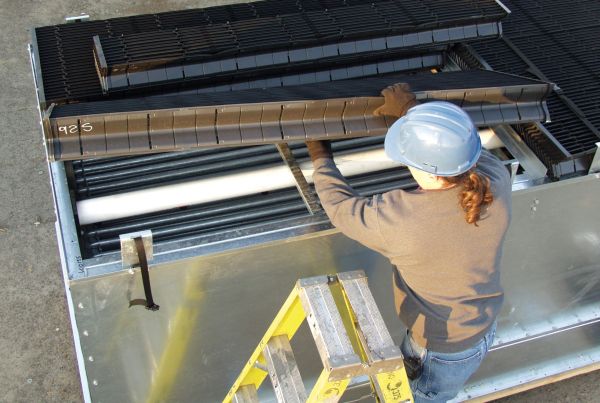
The cooling tower in air conditioners tends to waste a lot of water that would otherwise evaporate. There is no way to reduce this evaporation rate unless one knows how much water is being used for the process. There is a way to find out though. One can opt to install a separate meter for the cooling tower to see how much water is being used in the process. Even an internal sub-meter can be installed to check monthly usage. This can then be sent over to the water authority to claim credits on the sewer bills.
Energy efficient appliances
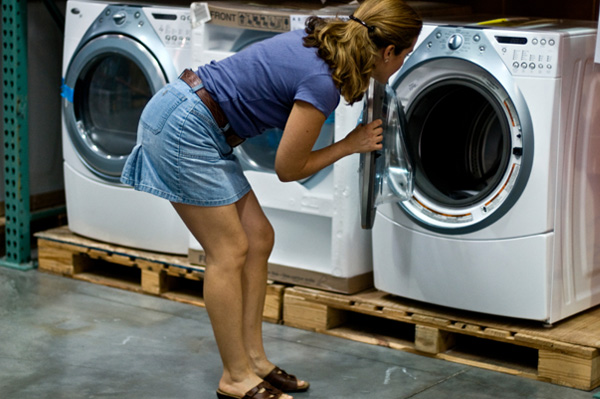
Commercial establishments can start promoting the eco-friendly benefits of using energy efficient appliances in the premises. For instance, an energy efficient dishwasher can use up to 40% lesser water than standard models, and save a lot of energy as well. Look for models that come with the Energy Star Label to indicate how energy efficient they are.
Recovering cooling tower water
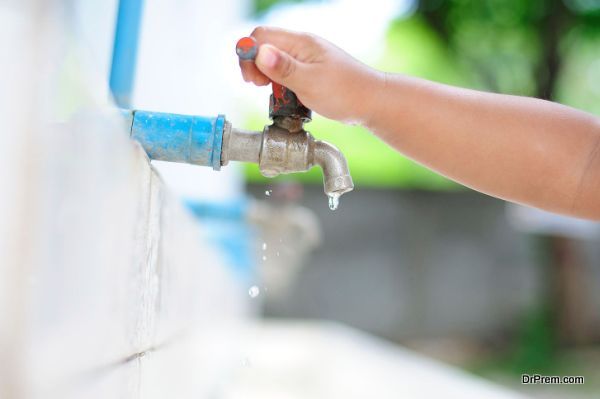
In order to reduce the water wasted by cooling towers, commercial establishments can opt to introduce measures like reusing the blowdown water for other purposes and using recycled grey or storm water in the condenser. This would ensure that not much water is wasted during operations.
Summary
A lot of commercial buildings are opting for greener initiatives in order to reduce their carbon foot print and make a better place to live for future generations. These tips mentioned above would help these establishments formulate ways to reduce wastage of water in more ways than one.




